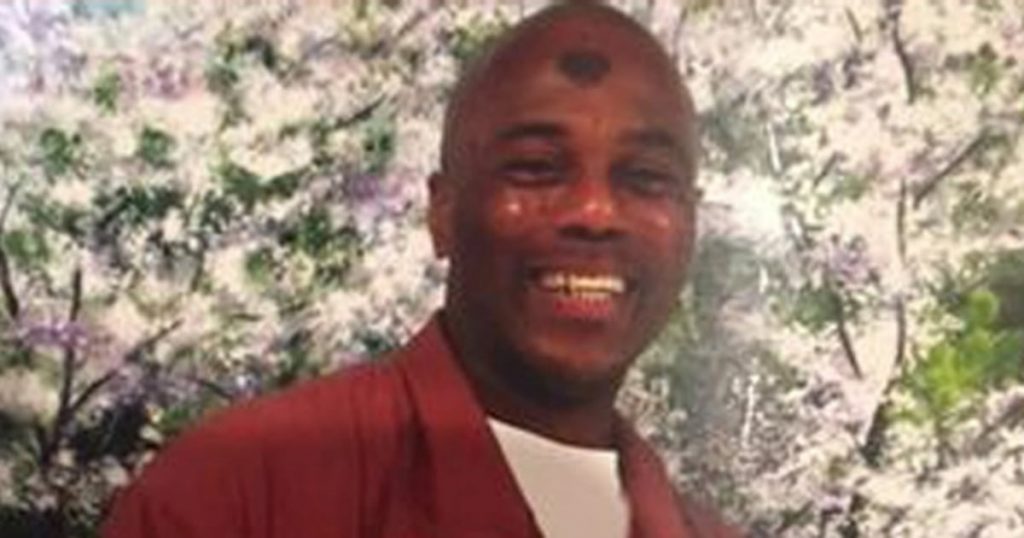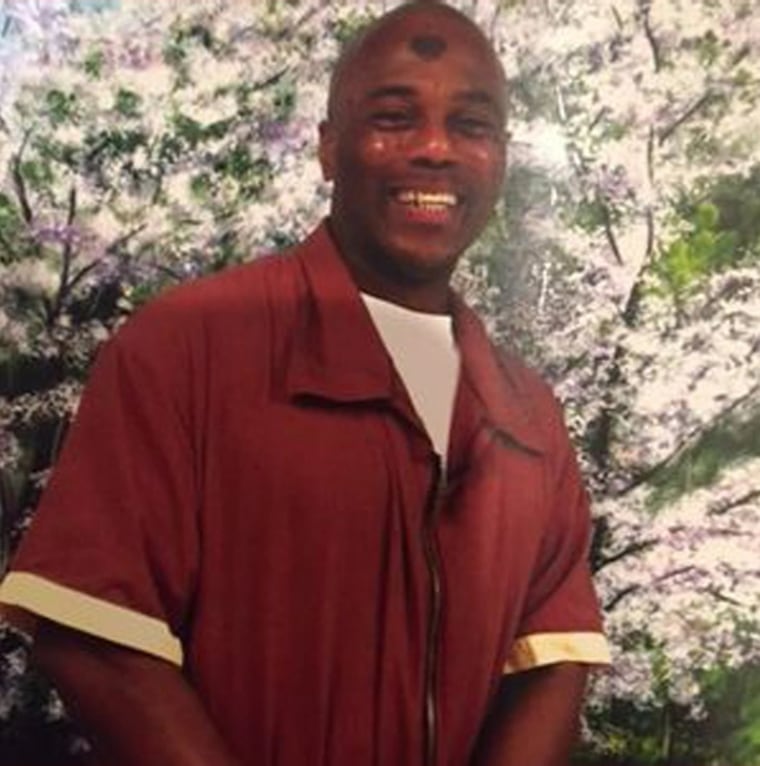
A wrongly convicted Philadelphia man who spent nearly three decades in prison before his release last year was gunned down while attending a funeral, authorities said Wednesday.
No arrests were immediately made after Christopher Williams, 62, “suffered gunshot wounds to the head” at Mount Peace Cemetery at 2:20 p.m. EST Friday, Philadelphia police said in a statement to NBC News.

He was taken to Temple University Hospital where he was pronounced at 2:27 p.m., police said.
Williams had been convicted in two separate cases, a triple murder in 1989 and for the slaying of Michael Haynesworth, who was also killed that year.
Williams and co-defendant Troy Coulston were convicted in 1992 for the Haynesworth murder. Then in 1993, Williams and co-defendant Theophalis Wilson were convicted of the triple slaying.
Decades later, Philadelphia prosecutors moved to dismiss the murder convictions against Williams in both cases after finding tainted testimony and exculpatory evidence that had been discovered by police but never shared with defense lawyers, officials said.
Since his release from prison 22 months ago, Williams had been working as a carpenter with hopes of starting his own construction business that would employ freed convicts, Williams’ longtime attorney, Stuart Lev, said.
“It’s incredibly tragic. This guy went through decades in prison, 25 years on death row for crimes that he did not commit, because the system failed,” Lev told NBC News on Wednesday.
“He kept fighting and he wouldn’t give up. He just kept insisting that he keep trying different ways of fighting (for freedom). Whether that was to keep his hopes up or that was just his own determination and perseverance, that’s what he did. He worked very hard with his lawyers to make sure his lawyers kept doing that, too.”
A rep for Philadelphia DA Larry Krasner called Williams’ slaying “tragic” and bemoaned that the exonerated man didn’t get more enjoyment from his nearly two years of freedom.
“What Chris endured as a twice-wrongfully convicted exoneree is unfathomable,” according to a statement by Jane Roh, Krasner’s communications director.
“And that his short-lived freedom was marked by struggle, as Pennsylvania is one of 12 states in the U.S. that does not compensate the wrongfully convicted, is unconscionable.”

 Latest Breaking News Online News Portal
Latest Breaking News Online News Portal




